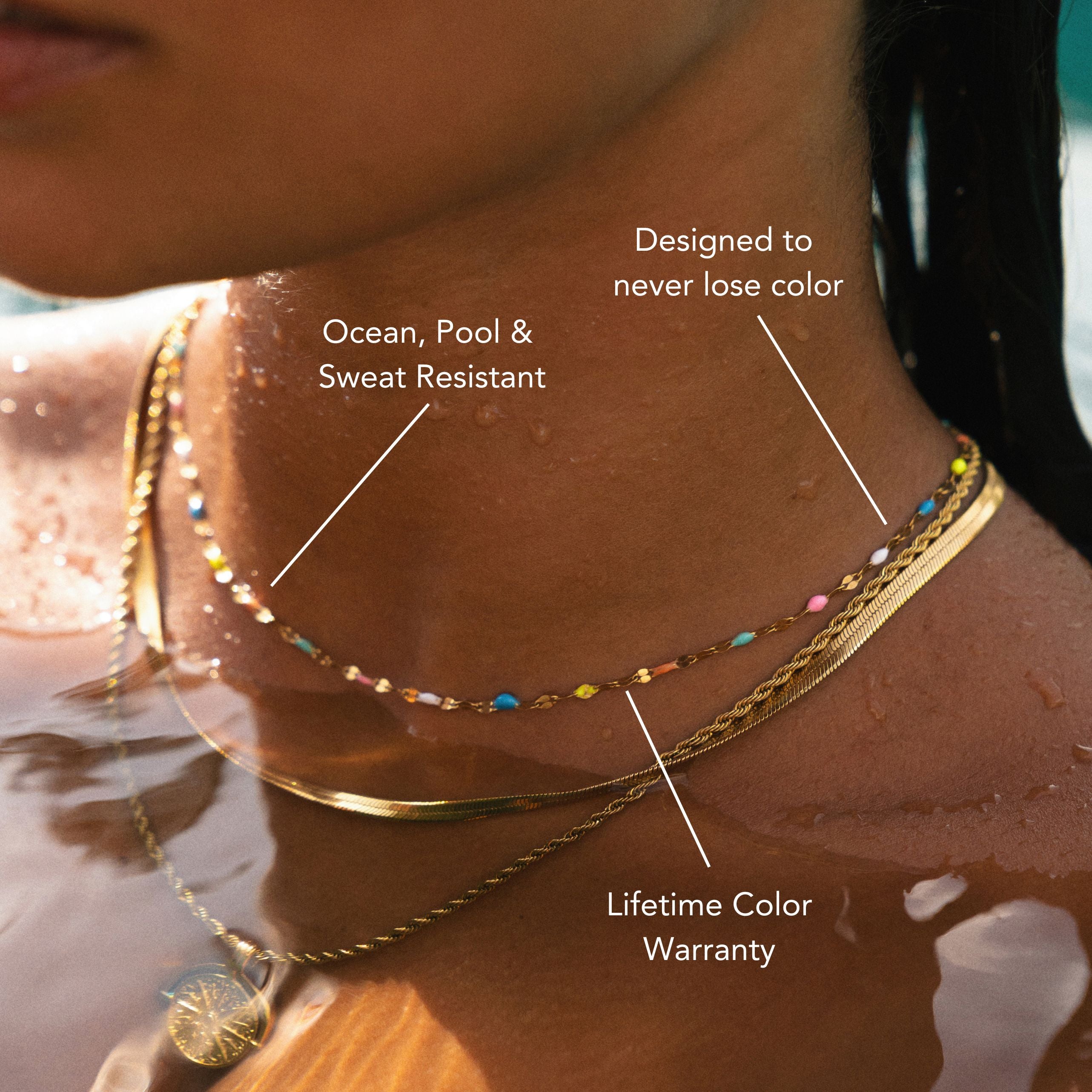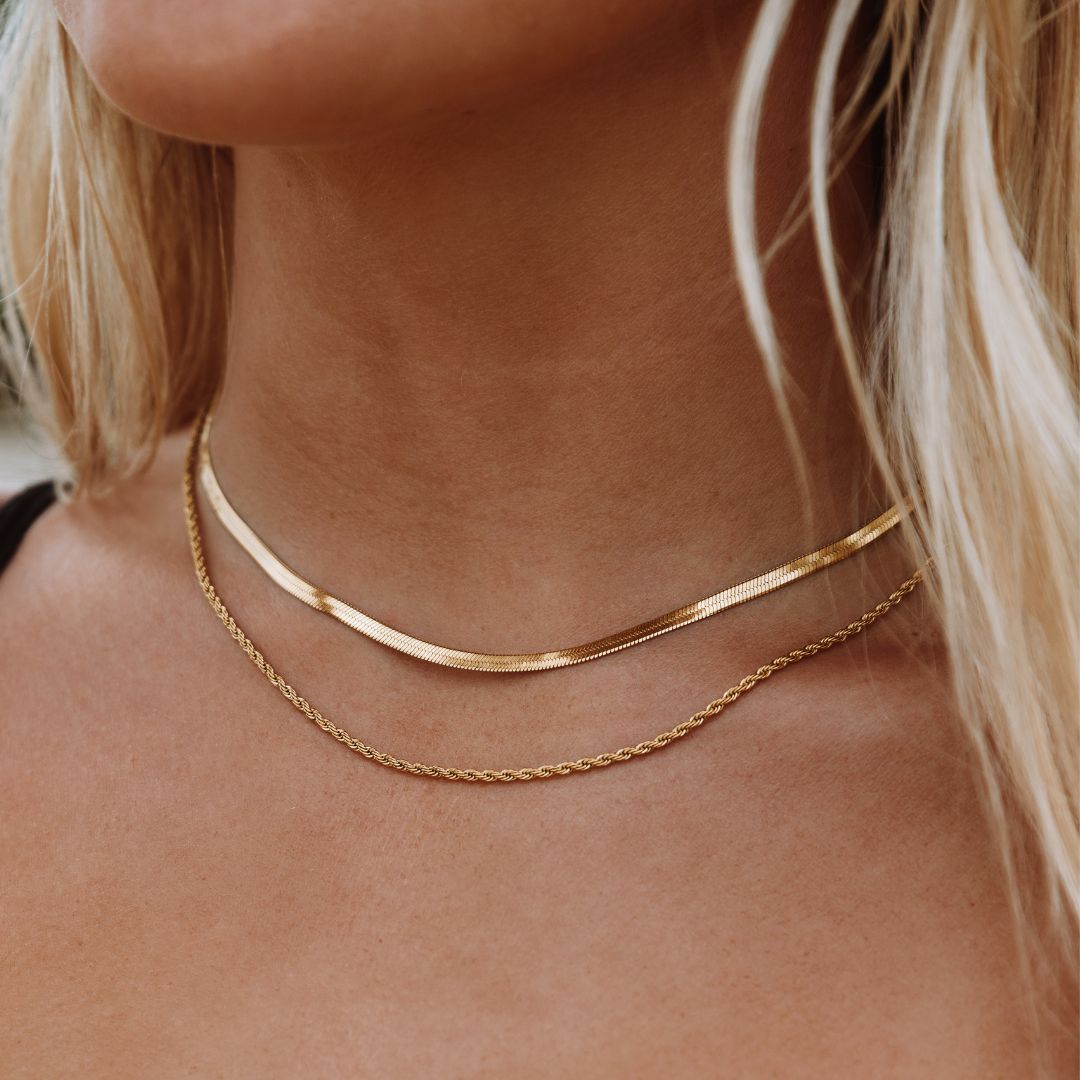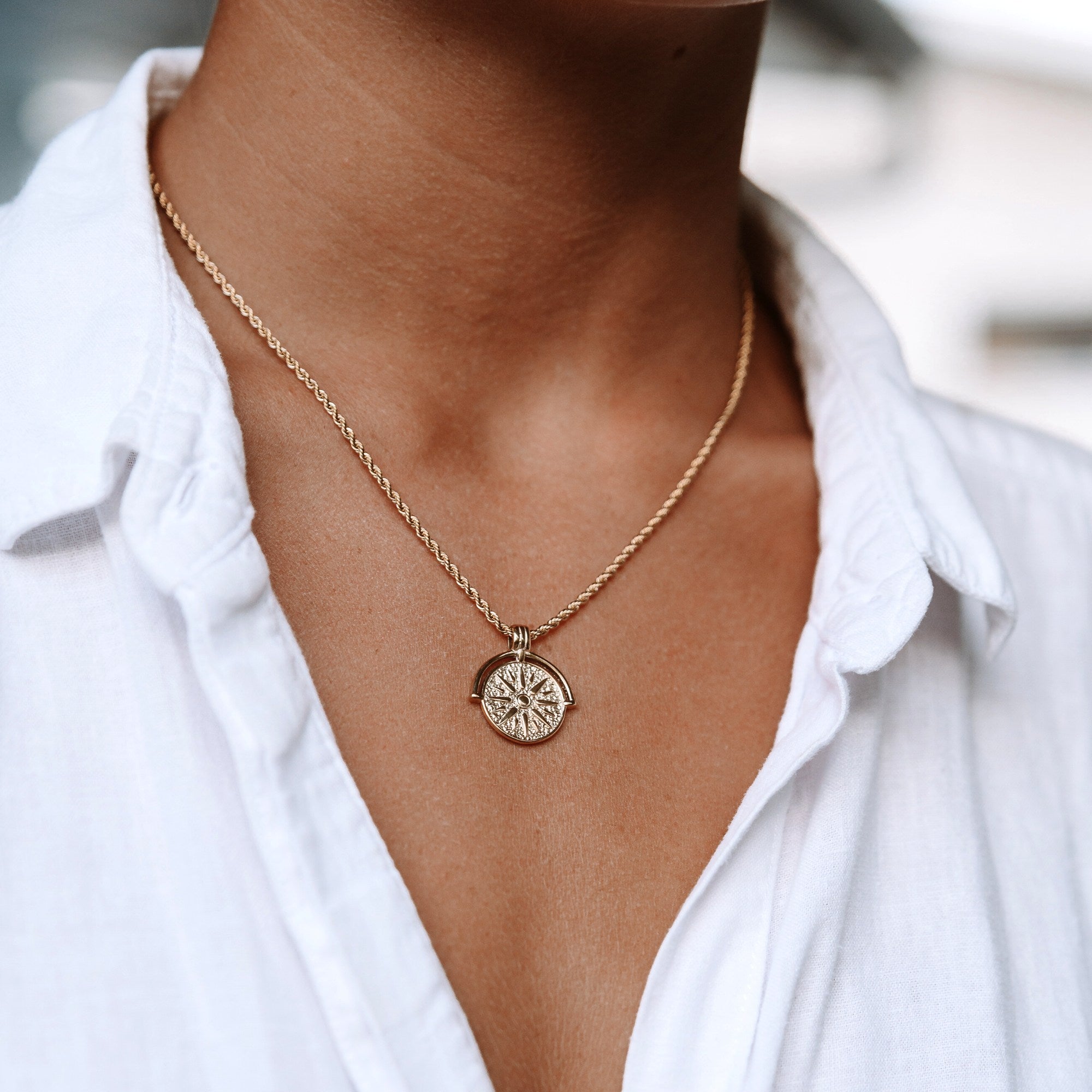10 Amazing Facts About Beluga Whales
You usually imagine the giant blue whale that creates a whistle, clicks, and pulsed call sound in the ocean when you think about whales. Or you could have thought of the one that squeezes water on top of its blowhole, making you amazed and thrilled with its beauty.
True enough, whales are one of the best and largest creatures in the world. But unfortunately, you cannot see them often around the shore, as they swim across many parts of the water. While people commonly believe that there is only one type of whale, you might be shocked to know that there's this one whale that looks exactly like a dolphin, the Beluga whale.
If you haven't heard about this whale that much, well, it's time to discover and find out some beluga whale facts here in this post. See more information about this adorable sea creature, as you may have seen them in some ocean park!
What is a Beluga Whale?
Beluga Whale is considered one of the unique whale species in the world. Also called white whale, this whale is the smallest of its kind belonging to its family. Their prominent foreheads and unique color make them easily identifiable with their other kinds. Contrary to most whales, the beluga whale has a very flexible neck, also referred to as "melons," allowing them to turn and nod its head in all directions.
They are commonly described as friendly mammals that hunt, live, and migrate together in pods, spanning from a few to hundreds of whales. One interesting beluga whale fact is that they can produce several clicks, squeals, whistles, and chirps, which gives them the other name of "the canary of the sea."
For instance, they may sound like nothing or blank to us. Still, their fellow beluga whales send out essential details that they can only understand. For example, several groups of belugas relocate as the sea ice changes in the Arctic area. During fall, they move to the south as the ice forms and go back again to feed in the spring as the ice cracks up.
Beluga whales can also be found near river mouths, and they sometimes attempt to be in the river. They eat many kinds of fish like herring, shrimp, crab, mollusks, and salmon if you ask what they feed on.
Other Captivating Facts About the Beluga Whales
Aside from these usual and general facts, more fascinating things to know about these beluga whales facts. So, if you're on it, let's discover the other fascinating trivia about this mammal.
Fin is never a problem
Are you surprised? Well, you shouldn't. Among all whales, beluga whales have no dorsal fins. That means that they swim quickly below the ice. However, they are gifted with a hard dorsal ridge and their heads to open up the holes in every thick ice they encounter.
Predators
One of the biggest predators and enemies of belugas are polar bears and killer sharks. These enemies are best known to prey on both adult and calves beluga whales.
Belugas love to play
As extremely pleasant and friendly whales, beluga whales are very playable! But, the truth is, pods sometimes run around each other, and they will try to play with things that they find around the water. So, don't be too surprised if you see them playing with bubbles, woods, plants, or even dead fish! Because that's how adorable they are.
Great sense of hearing
Beluga whales are gifted with a highly developed perception of hearing. They can hear most sounds within the range of 1.2 to 120 kHz, with the best sensitivity between 10 and 75 kHz. For easier comparison, the human's hearing range lies between 0.02 to 20 kHz. That's five times smaller than the belugas.
Unique "Melon"
As stated above, beluga whales' foreheads are often called "melons." What's interesting about their melons is that it changes its shape. But this depends on the sound that the belugas are creating.
Their white skin
Of all whales, beluga whales have a unique color within their family. Their distinct white colors allow them to hide or camouflage in the ice of the sub-Arctic and Arctic. However, the beluga calves are born with grey color and start to lose it until they turn white at the age of nine for males and seven for females. Beluga whales are expected to live around the Arctic for not more than 30 years.
Extra-ordinary heads
Beluga whales are different among their family of dolphins and whales as they can turn their heads. With that flexibility, they can improve their point of view, which makes them extra adorable to people.
The strongest glasses
Beluga whales are best described to have "the world's most powerful pair of glasses." They have this natural sonar that enables them (every whale) to swim efficiently, communicate, hunt, and find blowholes beneath the layers of ice. With a series of clicks passing through the melon projecting, the sound wave bounces off objects in the water. With that method, the echoes tell the whale about the sound's speed, size, shape, distance, and internal structure.
Belugas teeth
Belugas don't necessarily use their teeth to chew their food. Thus, they use them to catch and hold their prey as they swallow them entirely.
Swimming backwards
Belugas don't have any issues swimming backwards because they can. Like dolphins, belugas are nearly related to narwhals. They also belong to the two members of the Monodontidae family. So, like the narwhals, belugas have grown without a dorsal fin, which enables them to break the thin ice if needed to breathe.
Thoughts about the beluga whales
Above all these cuteness and Beluga whales facts, what are your thoughts about these whales? Aren't they the loveliest? The next time you see them hanging around the rivers or sea, you'll undoubtedly tell how they behave. Well, you can play with them as they are known to be curious as well! Nonetheless, it would be lovely to play with beluga whales, as they are friendly!
Wear your love with the Beluga whales and other sea creatures with our ATOLEA Ocean-inspired jewelry collections. Our designs are so unique, elegant and at the same time, so cute that you won't resist wearing to complete your every outfit.
So check out our best selling Sea-inspired jewelry now and show your amusement with the Ocean by wearing our lovely creations!




















Leave a comment
This site is protected by hCaptcha and the hCaptcha Privacy Policy and Terms of Service apply.